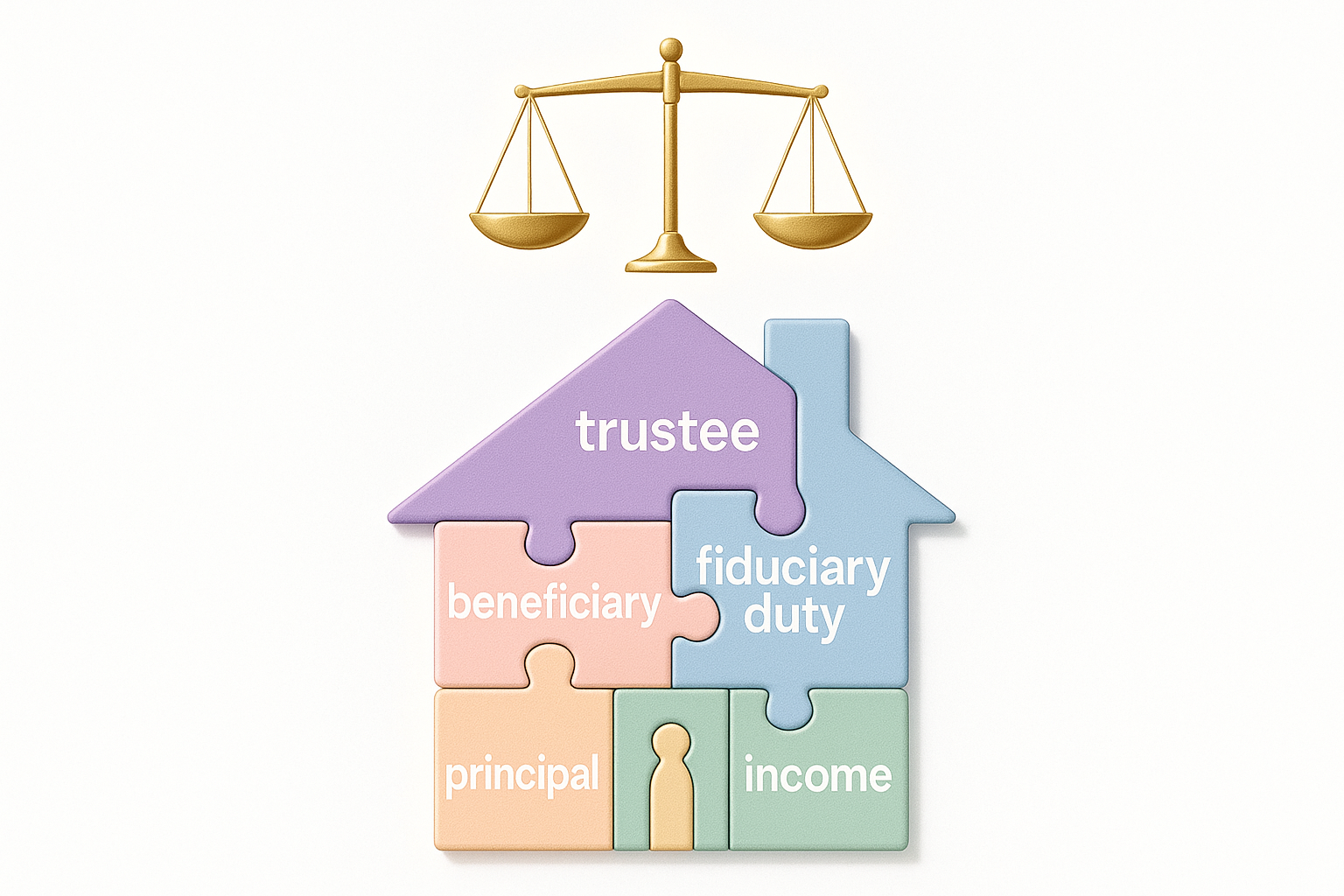
By The One Law Firm – July 2025
“Regino has suggested that parental rights are nearly unlimited, and the District has insisted that a child’s right to make decisions is nearly unrestricted. Neither is the case.” ― Judge Morgan Christen, Regino v. Staley (9th Cir. 2025) [1]
The Lawsuit That Ignited a National Show‑Down
In early 2022, an eleven‑year‑old student at a Chico, California, elementary school quietly asked her counselor to call her by a boy’s name. Under district regulation 5145.3, staff obliged—and agreed to keep the change secret from her mother, Aurora Regino.
Months later, Regino learned what had happened and sued the district superintendent, Kelly Staley, accusing the school of “socially transitioning” her child behind her back. A federal trial judge tossed the case. On April 4, 2025, the Ninth Circuit Court of Appeals unanimously vacated that dismissal, reviving the most consequential parental‑rights lawsuit of the post‑Dobbs era [1][2].
The panel didn’t crown a winner. Instead, it told the lower court to do its homework—to weigh a century of precedent on parental liberty against modern realities of child autonomy. In doing so, Regino v. Staley left every school district lawyer, family‑court judge, and custody mediator scrambling for new playbooks.
⚖️ Visual Case Brief
| Element | Details |
|---|---|
| Caption | Regino v. Staley, No. 23‑16031 |
| Court | U.S. Court of Appeals, Ninth Circuit |
| Date | April 4, 2025 |
| Holding | District court applied the wrong standards; substantive & procedural due‑process claims must be re‑evaluated on remand |
| Key Quote | “Parental rights are not unlimited … children’s autonomy is not unrestricted.” |
| Next Stop | Eastern District of California will decide—under strict scrutiny, if necessary—whether Chico USD’s secrecy policy survives |
—
Why the Ninth Circuit Hit the Brakes
-
Wrong Test, Your Honor. The district judge demanded proof that a “clearly established” parental right to gender‑transition notice already existed—borrowing a rule from qualified‑immunity cases. The Ninth Circuit said that’s the wrong sandbox. The real question is historical: Is the claimed right “deeply rooted” in American tradition? [1]
-
Process Matters. Even if the substantive right is fuzzy, procedural due process might still apply. Did the school deprive Regino of any liberty interest without notice or a chance to be heard? That claim gets a fresh hearing [1].
-
No More Extremes. The court blasted both sides for absolutism. Parents don’t micromanage every hallway conversation, but kids don’t hold an unlimited veto over disclosure either. Expect fact‑intensive balancing tests—messy, time‑consuming, expensive [1].
The Domino Effect: Custody Battles, Classroom Codes, State Capitols
1. Custody Disputes Get Even Harder
Family‑court judges already weigh each parent’s willingness to support a child’s health and identity. Cases like Indiana’s Cox v. DCS, where devout parents lost custody after clashes over their teen’s gender dysphoria spiraled into an eating disorder, show how quickly “parental choice” can yield to “best interests” [8]. Regino puts new emphasis on transparency: hiding major identity issues from a co‑parent could now swing decision‑making authority.
2. School‑Policy Whiplash
While California’s attorney general convinced a state court that Chino Valley USD’s forced‑outing rule was discriminatory [5], districts in Idaho, Kentucky, Indiana, and a growing list of states now face laws that swing the pendulum the other way—mandatory notification within days of any pronoun change [10][11]. The result: a patchwork where the same child could be covertly affirmed in Los Angeles, forcibly outed in Boise, and something in between in Phoenix.
3. The Stat Sheet
| States Requiring (or Strongly Favoring) Parental Notification of Pronoun/Name Changes<br>As of July 2025 | 15 |
|---|---|
| Who’s on the List? | Alabama, Arkansas, Florida, Idaho, Indiana, Iowa, Kentucky, Louisiana, Montana, North Carolina, North Dakota, South Carolina, Tennessee, Utah, Virginia [10] |
| Newest Entrant | South Carolina (H. 4624, signed May 2024) |
| Pending Bills | Georgia, Oklahoma, Nevada |
Trendline: More than one‑third of U.S. states have codified at least partial disclosure mandates since 2022—often bundled with “Don’t Say Gay” style curriculum bans.
Policy Meets Politics: Enter the White House
One month before the Regino opinion landed, President Trump signed Executive Order 14191, “Expanding Educational Freedom and Opportunity for Families.” The EO’s thesis: “Parents, not the government, play a fundamental role in choosing and directing the upbringing and education of their children.” It directs federal agencies to write guidance favoring parental access to school records and to audit any policy that “conceals critical information” from parents [9].
For districts in the Ninth Circuit, that’s gasoline on an already roaring fire: ignore parents and risk a federal funding fight; notify them and risk state‑level discrimination claims.
Litigation Nation: Other Flashpoints to Watch
| Case | Venue | Issue | Status (July 2025) |
|---|---|---|---|
| Mirabelli v. Olson | S.D. Cal. | Teachers win injunction against policy requiring them to mislead parents, citing Free Exercise rights [12] | Motions for summary judgment filed; hearing Aug 2025 |
| Parents Protecting Our Children v. Eau Claire SD | 7th Cir. | Parents lacked standing to challenge potential secrecy policy [6] | Cert denied by SCOTUS, Dec 2024 [7] |
| People v. Chino Valley USD | Cal. Super. Ct. | State blocks mandatory‑outing policy as discriminatory [5] | Permanent injunction issued Sept 2024 |
What Smart Lawyers Are Doing Now
-
Add a “Gender‑Disclosure” Clause to Parenting Plans. Spell out how, when, and by whom each parent must be informed of school‑based gender requests. Judges love clarity.
-
Audit School Handbooks. District counsel in the Ninth Circuit should scrub any blanket “don’t tell parents” language and build a case‑by‑case review path—complete with mental‑health risk assessments and documentation.
-
Train Up Staff. Teachers caught between conflicting laws need scripts, not slogans. Districts that fail to give clear guidance are sitting ducks for both civil‑rights complaints and parental‑rights lawsuits.
-
Monitor the Supreme Court’s Shadow Docket. Three justices already signaled interest when they dissented from the Wisconsin cert denial [7]. A circuit split could bring Regino (or its cousin) to D.C. sooner than many expect.
The Long View
Regino v. Staley is less about pronouns than it is about who controls the narrative of a child’s identity. The Ninth Circuit has thrown that narrative back into the messy center of American constitutional law, reminding us that the line between guidance and secrecy—between protection and paternalism—is drawn in pencil, not ink.
Whether you’re a family‑law litigator, a school‑board trustee, or a parent trying to do right by your kid, one takeaway is clear: the era of “don’t ask, don’t tell” is over. From here on out, expect a lot of asking—and even more telling—to decide who gets to know what, when, and why.
Endnotes
-
Ninth Circuit slip opinion, Regino v. Staley, No. 23‑16031 (Apr. 4, 2025) Ninth Circuit Court
-
Reuters, “U.S. court revives mother’s case against school’s gender‑identity policy,” Apr. 4, 2025 Reuters
-
Courthouse News, “Ninth Circuit revives lawsuit over California school’s transgender policy,” Apr. 4, 2025 Courthouse News
-
California School Boards Association Blog, “Regino v. Staley—Parental notification and student privacy,” Apr. 25, 2025 blog.csba.org
-
Cal. Attorney General Press Release, “Superior Court’s Final Ruling Against Chino Valley’s Forced Outing Policy,” Sept. 11, 2024 California DOJ Attorney General
-
Parents Protecting Our Children v. Eau Claire SD, 7th Cir. opinion PDF (Mar. 7, 2024) media.ca7.uscourts.gov
-
K‑12 Dive, “Supreme Court declines K‑12 cases on gender support plans,” Dec. 2024 K-12 Dive
-
WFYI, “After DCS took custody of their trans child, parents ask Supreme Court to weigh in,” Feb. 2024 WFYI Public Media
-
Federal Register, Executive Order 14191, “Expanding Educational Freedom and Opportunity for Families,” Jan. 29, 2025 Federal Register
-
American Speech‑Language‑Hearing Association, “States with Specific Requirements on Parental Notification,” updated 2025 ASHA
-
Indiana HB 1608 (2023) text via LegiScan LegiScan
-
Mirabelli v. Olson, preliminary‑injunction summary, AALRR Legal Alert, Sept. 2023 AALRR









